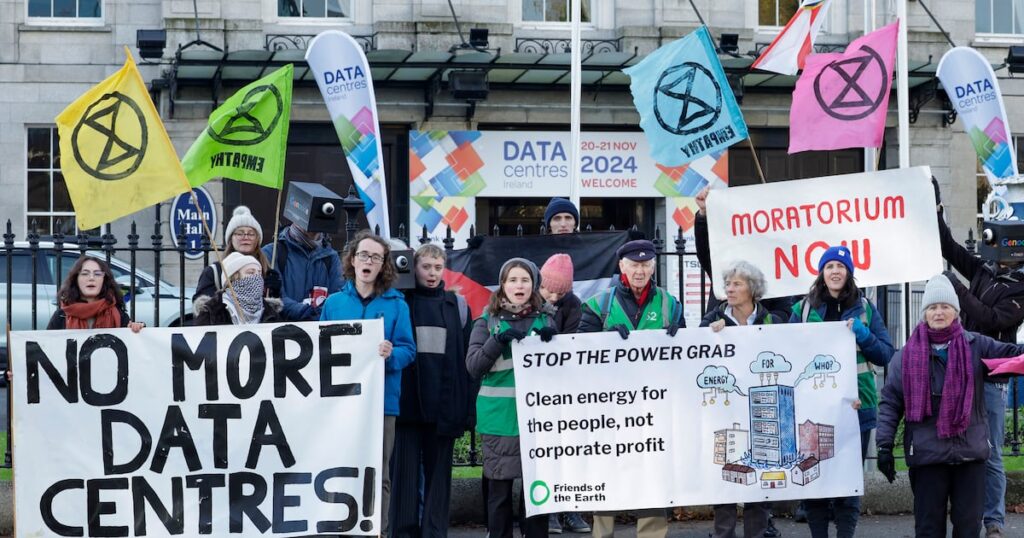The 2025 climate action plan recently approved by the Government of Ireland reaffirms the country’s commitment to addressing the climate crisis. The plan maintains targets to reduce emissions by 51% by 2030 and achieve climate neutrality by 2050. However, it has faced criticism for not adequately addressing failures in meeting emissions reductions and carbon budgets, potentially leading to significant costs in the future.
Minister for the Environment, Climate, and Energy, Darragh O’Brien, emphasized the plan’s focus on reducing reliance on fossil fuels and transitioning to renewable energy sources. The plan acknowledges the need for more ambitious efforts to cut emissions, especially in light of warnings from the Environmental Protection Agency that existing policies may fall short.
While progress has been made, with a 6.8% reduction in emissions achieved in 2023, further actions are necessary to meet climate targets. The plan outlines policies and measures that could lead to a 42% reduction by 2030, but challenges remain in implementing them effectively.
Critics, including environmental groups like Friends of the Earth, argue that the plan falls short in addressing key issues such as the expansion of data centers and reliance on fossil fuel infrastructure. They call for clearer strategies to phase out polluting fuels and infrastructure, highlighting the importance of a comprehensive approach beyond renewable energy deployment.
As Ireland strives to close the emissions gap and align with carbon budgets, ongoing efforts to accelerate climate actions and enhance governance structures will be crucial. The upcoming 2026 version of the plan will be a key opportunity to strengthen Ireland’s climate commitments and ensure a sustainable path forward.

